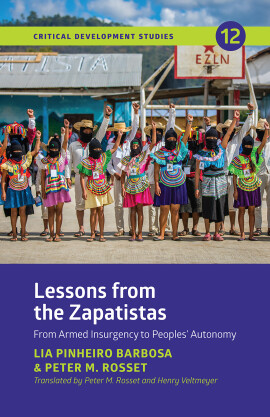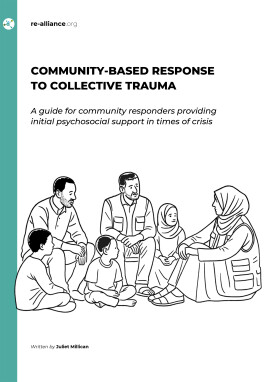
Tiny Engines of Abundance
A history of peasant productivity and repression
This book provides a historical and comparative perspective of peasant productivity using case studies portraying the extraordinary efficiency with which English cottagers, Jamaican ex-slaves, Guatemalan Mayan campesinos, Nigerian hill farmers and Kerala hut dwellers obtained bountiful and diversified harvests from small parcels of land, provisioning for their families and often local markets. These stories provide us with pictures of carefully limited needs, of sustainable livelihoods and of resilient self-reliance attacked relentlessly and mercilessly in the name of capital, progress, development, modernity and/or the state. For two hundred years we have been told that the hundreds of thousands, or millions, or billions of hungry mouths require that peasants be dispossessed to allow more industrious farmers to feed them. This book helps make it clear how wrong we have been. Handy’s approach is original, and the book will engage people interested in the history of the peasantry, rural development, and the quest for food sovereignty.
Series: Critical Development Studies
Published: 2022
Pages: 168
eBook: 9781788531917
Paperback: 9781788531894
Hardback: 9781788531900
| 1. Introduction: Swept Away Through Injustice | |||
|---|---|---|---|
| 2. “A Multiplication of Wretchedness” in England, 1750-1850 | |||
| 3. Jamaican Peasants in Slavery, Semi-Slavery, and Freedom | |||
| 4. Guatemala: They Flattened our Milpa | |||
| 5. Nigerian Smallholders: Masters of the Environment | |||
| 6. Kerala: A Return to the Future | |||
| 7. Conclusion: “A Sweet Habit of the Blood” |
'This book demonstrates the fallacy of 200 years of proclaiming the necessity of industrial agriculture to feed the world. As well as using case studies from around the world to show the efficiency of peasant productivity, it also shows the various ways peasant livelihoods have been obstructed, attacked, and betrayed. The author debunks the arguments used to justify those attacks, which continue today, namely that peasant contributions are too low for economies built on incessant expansion and accumulation. This book is essential reading for anyone interested in food sovereignty, which should be all of us.'
Miguel A. Altieri, emeritus professor of agroecology at the University of California at Berkeley and founder of the Latin American Scientific Society for Agroecology
Shaping our collective futures: activism, analysis, solidarity
Wiebe, Nettie
The Journal of Peasant Studies, Vol. 50 (2023), Iss. 2 P.627
https://doi.org/10.1080/03066150.2022.2163628 [Citations: 10]




